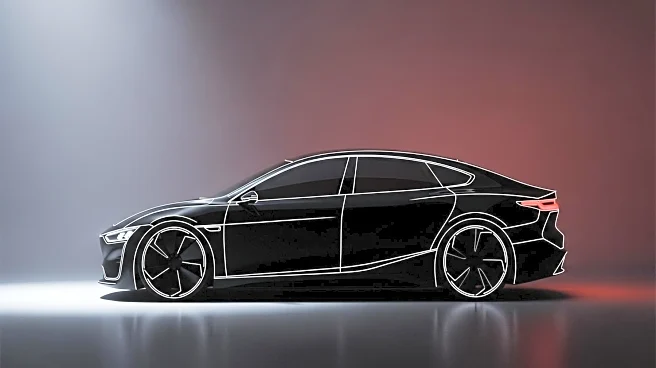What is the story about?
What's Happening?
Tesla, led by billionaire Elon Musk, declined a $60 million settlement offer in a lawsuit concerning a fatal crash involving its Autopilot-equipped Model S. The incident, which occurred in April 2019, resulted in the death of Naibel Benavides Leon and serious injuries to her boyfriend, Dillon Angulo. A jury in Miami, Florida, awarded $243 million in damages, including $129 million in compensatory damages and $200 million in punitive damages. Tesla was found liable for 33% of the compensatory damages and all punitive damages. The company plans to appeal the verdict, arguing it could hinder automotive safety advancements.
Why It's Important?
The verdict against Tesla highlights ongoing concerns about the safety and reliability of autonomous driving technology. As Tesla continues to develop its self-driving capabilities, this case may influence public perception and regulatory scrutiny of such technologies. The substantial damages awarded could impact Tesla financially and set a precedent for future litigation involving autonomous vehicles. This case underscores the need for clear safety standards and accountability in the rapidly evolving field of automotive technology.
What's Next?
Tesla's decision to appeal the verdict suggests a prolonged legal battle that could further affect its reputation and financial standing. The appeal process may also bring additional scrutiny to Tesla's Autopilot technology and its implementation. Other stakeholders, including regulatory bodies and competitors, may respond by advocating for stricter safety regulations and standards for autonomous vehicles. The outcome of the appeal could influence future legal cases and the development of self-driving technology.















